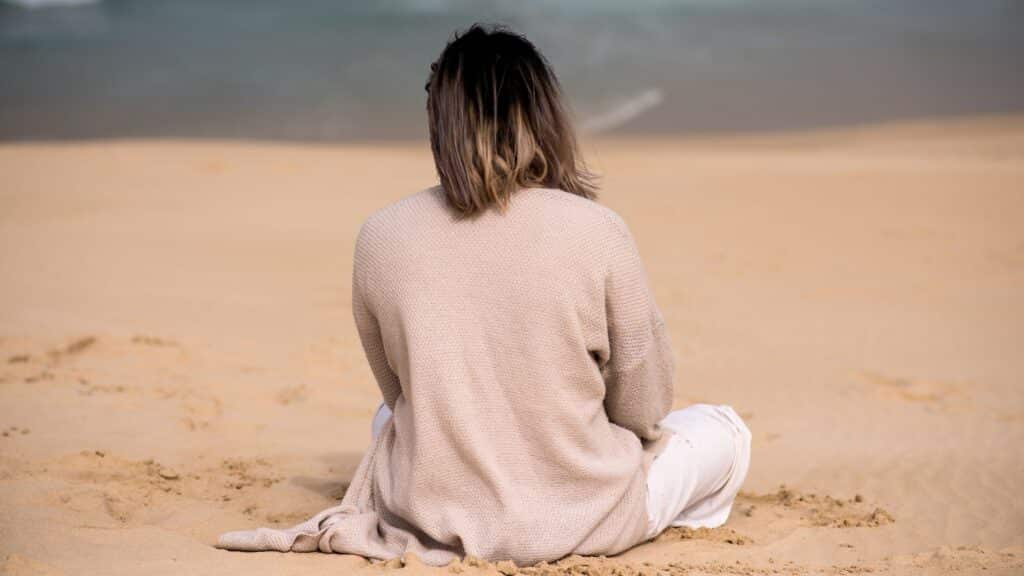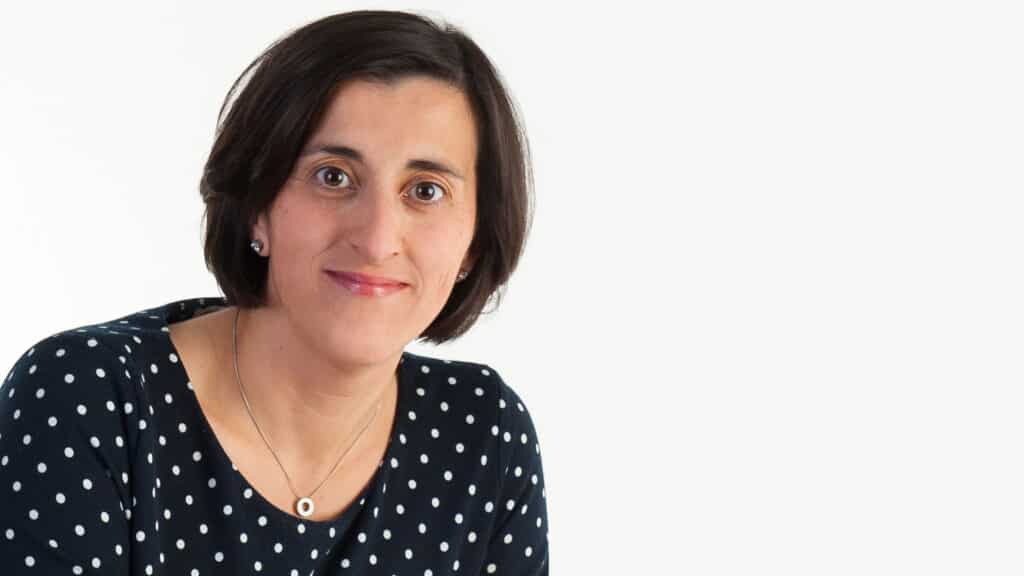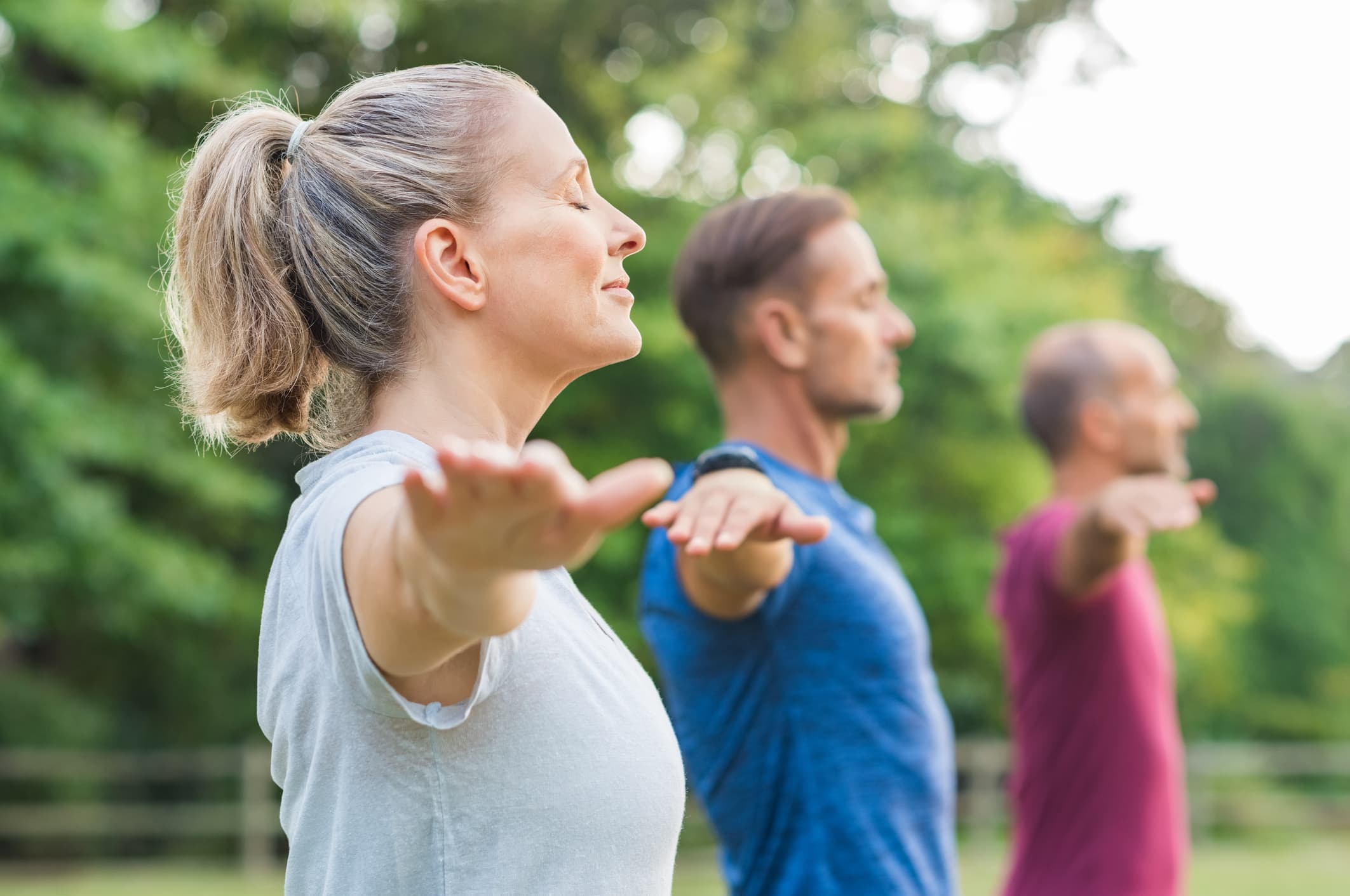Living close to the coast, as many of us do, they say it takes longer to decide which beach to go to than it does to get to it. For Islanders, so much of life revolves around the beach, it’s not surprising that it often comes up in conversation.
Do you have a favourite beach? Which one is it?
Imagine standing there, at the very best spot, watching a sunset – or a sunrise, perhaps.
How do you feel? Relaxed? Fortunate? Happy? Doesn’t the beach have the most amazing ability to make you feel this way? Yes, we are so lucky to live near so many beautiful beaches where you can feel like this.
However, imagine being Joanna (name changed), for whom going to the beach gives her panic attacks. It is possible – and plausible – that she is close by, standing near you. Same beach; same time; same sunset; hyperventilating; panicking.
How is the beach not giving her calmness and joy? If it really is the beach itself, it would be doing the same to everyone. But this isn’t always the case.
You see, perhaps Joanna had a traumatic experience happen to her on a beach, whereas your experience was full of fun and cocktails! For both of you, of course, that will be populating your thoughts. And this is where the difference between you lies – in your thoughts.
Our thinking is creating our experience moment by moment. It was never really the beach, but what your head was doing with it all that resulted in that special Friday evening moment – or even the opposite. The human experience is created from the inside out, not outside in. And while that may slightly burst our Plémont-shaped bubble, I’d invite you to think of the freedom it points to.
The human experience is created from the inside out, not outside in.
We can sometimes feel we are sitting ducks, vulnerable to circumstances. But the above example gives a glimpse into how much our state of mind affects our experience; how there is no actual connection between reality and the feeling in your gut; how we can never feel reality, only what we think about that reality. In fact, we live in an innocent misunderstanding that would have us believe we are powerless, when the absolute opposite is true. Our mind has ultimate control, with far reaching implications.
Looking back at my many years in the corporate world, I can see now that the most overlooked variable, when considering how to improve our bottom line, was our team’s state of mind.
In terms of relationships, I can see how being in a ‘thought storm’ can end up in an argument at home, or in conflict with colleagues at the office. In every situation and in every moment, from an infinite number of thoughts that we could be having, there is a given one we are actually having. Thoughts are not set in stone and can shift in a moment, as long as we will allow that. Tapping can aid that process.
The past can only hurt us through our thinking; the future can only make us anxious through our thinking; we only have the here and now, and every bit of power we ever needed sits not necessarily at the beach, but in our inner landscape. In our thoughts.
Then when a client tells me they are having an anxious day, I can remind them it does not have to be a day; it could be an anxious morning, or an anxious hour, or indeed an anxious minute; that we are always one thought away from feeling different.
So, if you have a problem, see to your mindset first, then see to the problem.
Notice how there is a moment before your thinking hits you when you are, in fact, quiet, calm, and happy. That feeling is available to you anytime you want it. Allow the noise to drop, allow your thoughts to settle, and you will be there.
Enjoy the beach, by all means; but the happiness you find there? That is of your own making.
With thanks to Sydney Banks, Dr. Bill Pettit, Dr. Aaron Turner, Dr. Judith Sedgeman from whom I learned the above and much more.


